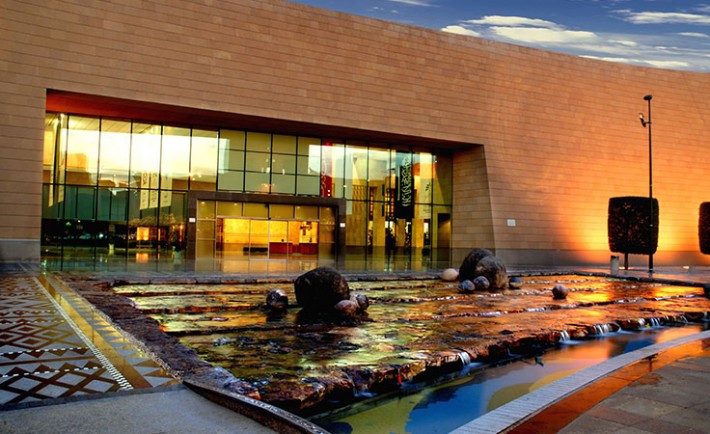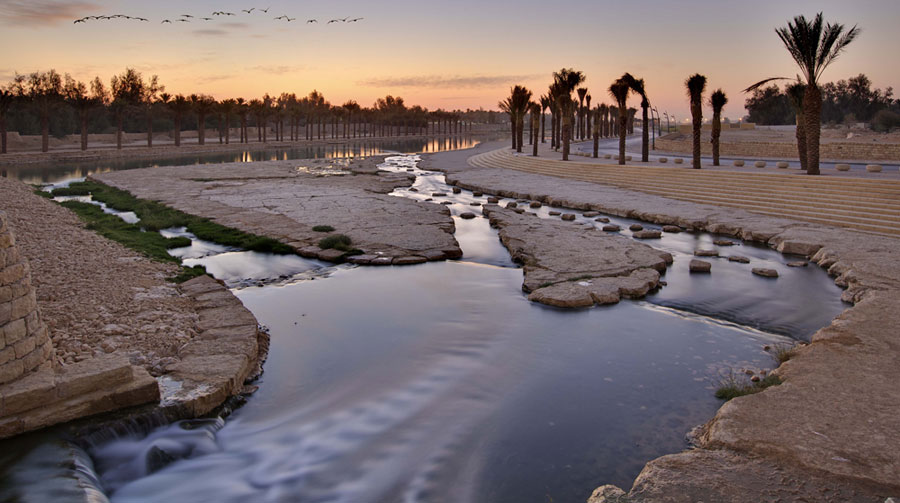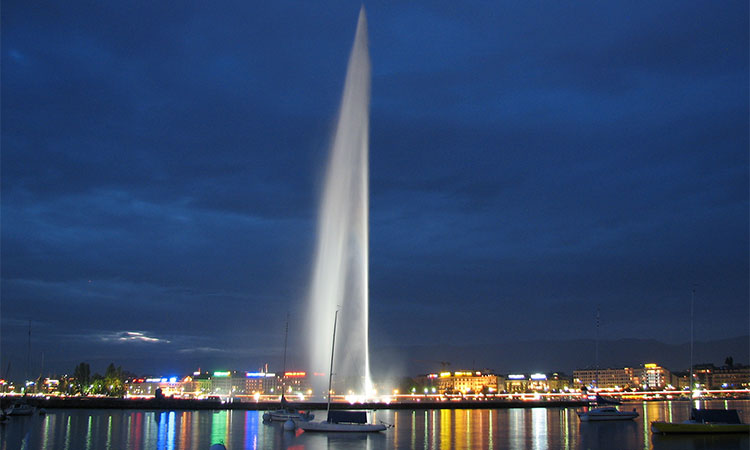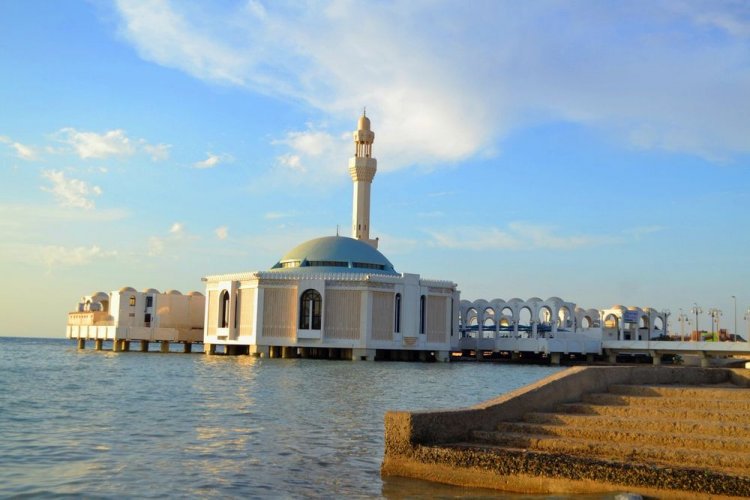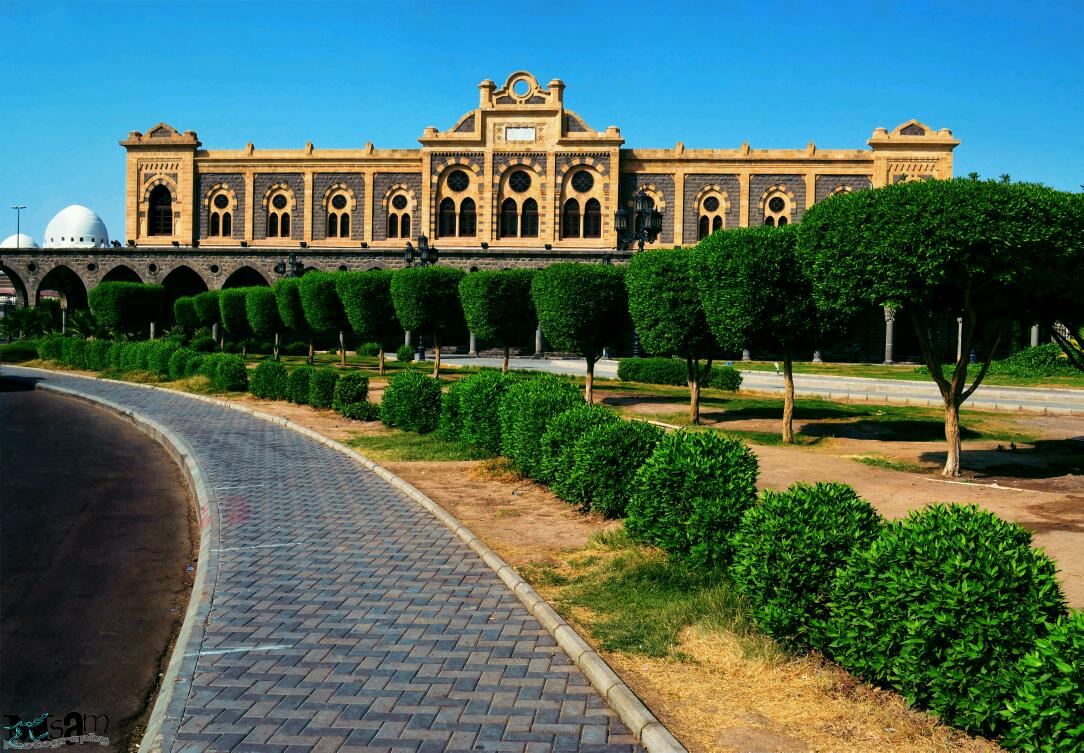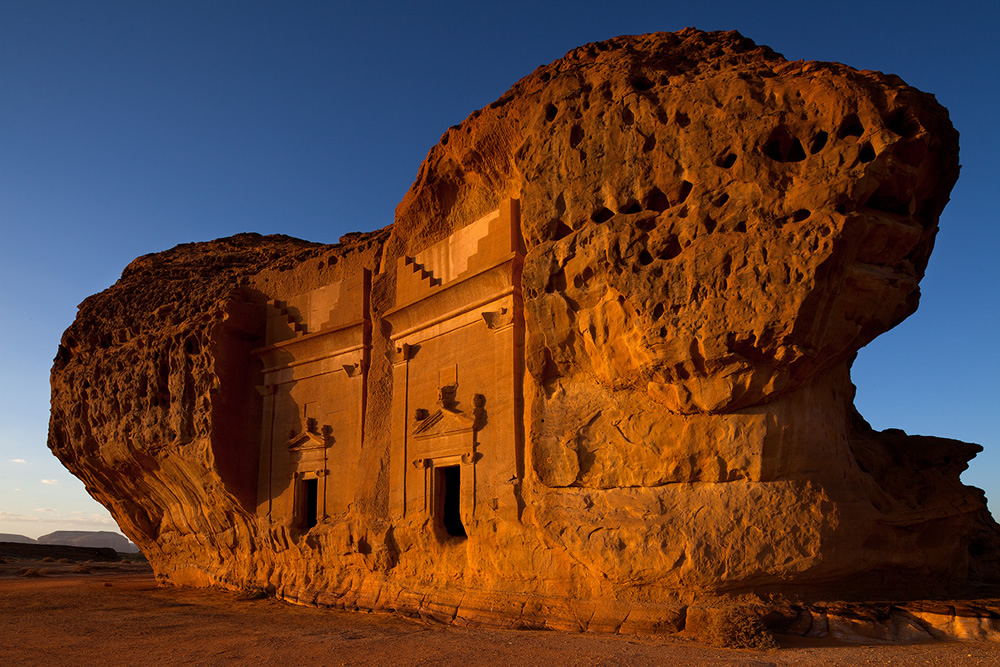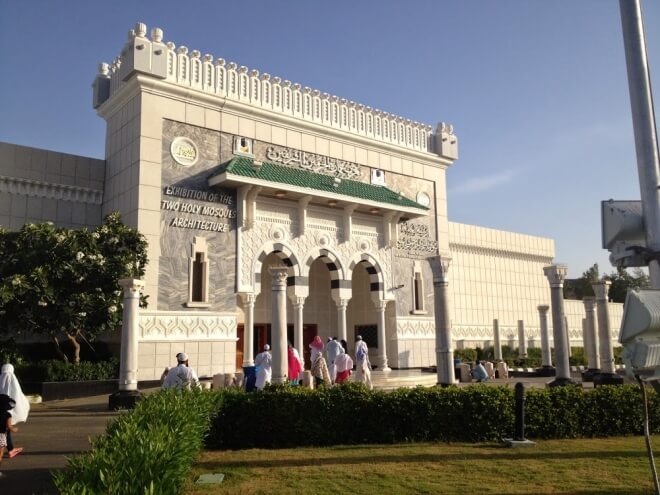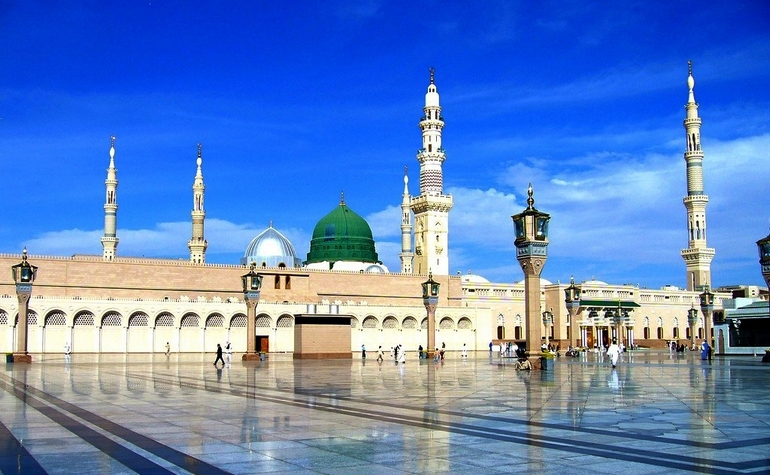
Al Ula
Q Al Ula and Madsen Saleh dates back to pre historic times up to 3000PC

Khaybar
The location of a major turning in the peninsula's history, with its long standing castles and amazing palm forests.

Jeddah
Known as the pride of the Red Sea.

Taif
The mountain city of time combines the history, modernity, scenic views and amazing lodging.
Mosque Quba
The Quba Mosque (Arabic: مَـسْـجِـد قُـبَـاء, translit. Masjid Qubā’) is a mosque in the outlying environs of Medina, Saudi Arabia.

Mosque Qiblatain
The Mosque of the Two Qiblas (Arabic: مَـسْـجِـد الْـقِـبْـلَـتَـیْـن, Masjid al-Qiblaṫayn) is a mosque in Medina that is historically important for Muslims.

